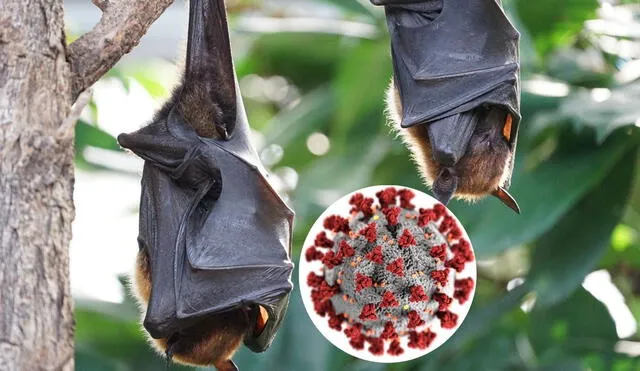HKU5-CoV-2: Scientists warn of bat virus with similarities to COVID-19
Chinese researchers found bat virus that enters human cells via the same pathway as coronavirus.

Researchers from the Wuhan Institute of Virology (WIV) have identified a new bat virus, designated HKU5-CoV-2, which exhibits significant similarities to SARS-CoV-2, the virus responsible for the COVID-19 pandemic. Some argue that this could potentially result in another health crisis, while others believe it can be easily controlled.
According to the Wuhan Institute of Virology, the germ HKU5-CoV-2 does not enter cells as effectively as SARS-CoV-2, which is why experts caution the recent findings shouldn’t be “overblown”. Nonetheless, this discovery has renewed discussions about zoonotic spillovers and the need for vigilant monitoring of animal viruses as they pose a threat to human health.
A new bat virus in China
HKU5-CoV-2 was detected during routine surveillance of bat populations in China, a region known for being a hotspot for emerging infectious diseases. Laboratory studies have demonstrated that HKU5-CoV-2 can bind to the ACE2 receptor, which indicates a potential for cross-species transmission. However, it is important to note that, to date, there have been no reported cases of HKU5-CoV-2 infections in humans.
Bats, in particular, are animals that often serve as natural hosts for a diverse array of coronaviruses. Some of them have previously crossed species barriers to infect humans, leading to outbreaks such as SARS, MERS, and COVID-19. The latter was one of the most devastating public health crises all over the world in recent years.
What makes HKU5-CoV-2 similar to SARS-CoV-2?
Genomic analysis reveals that HKU5-CoV-2 shares a considerable portion of its genetic makeup with SARS-CoV-2, particularly in the spike protein region, which facilitates viral entry into host cells. Both germs have the same cellular receptor. But, as mentioned before, the newly discovered one is not as contagious between different species.
While some coronaviruses can cause mild symptoms in humans, others can be lethal. As seen with SARS-CoV-2, individuals with preexisting health issues and diseases were more likely to have complications. In any case, the Chinese researchers themselves wrote in their study that the “risk of emergence in human populations should not be exaggerated.”












